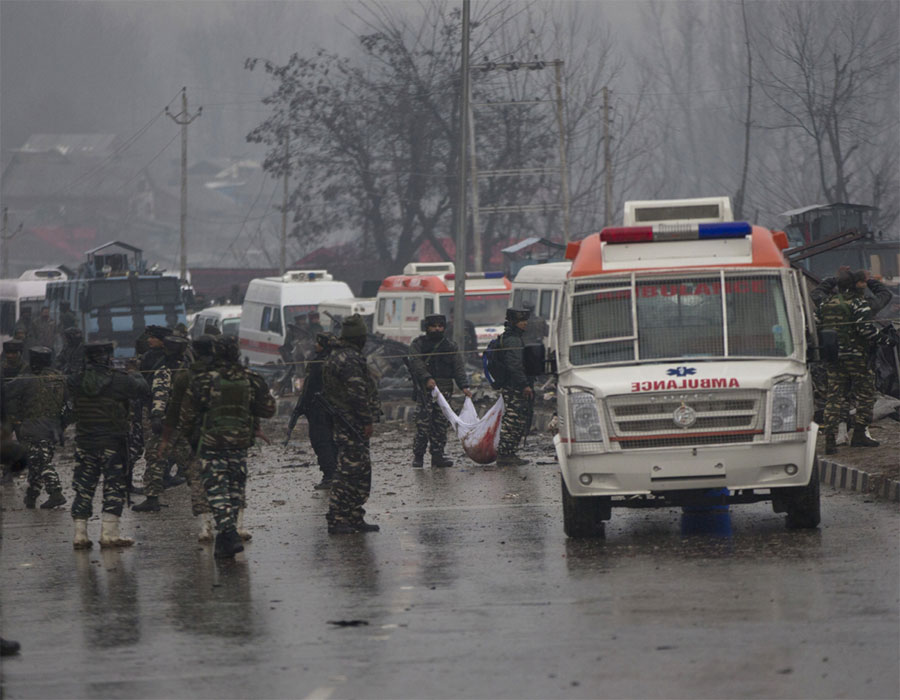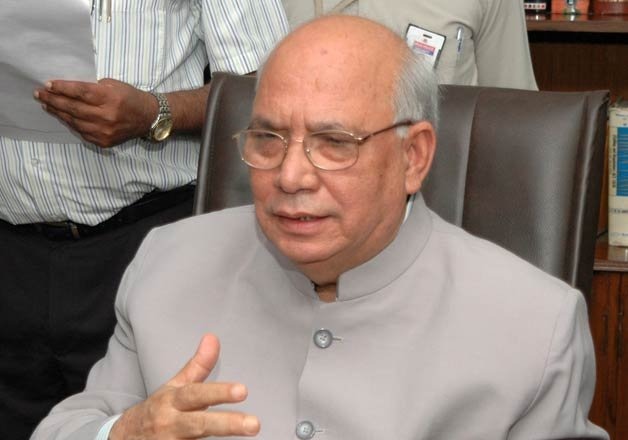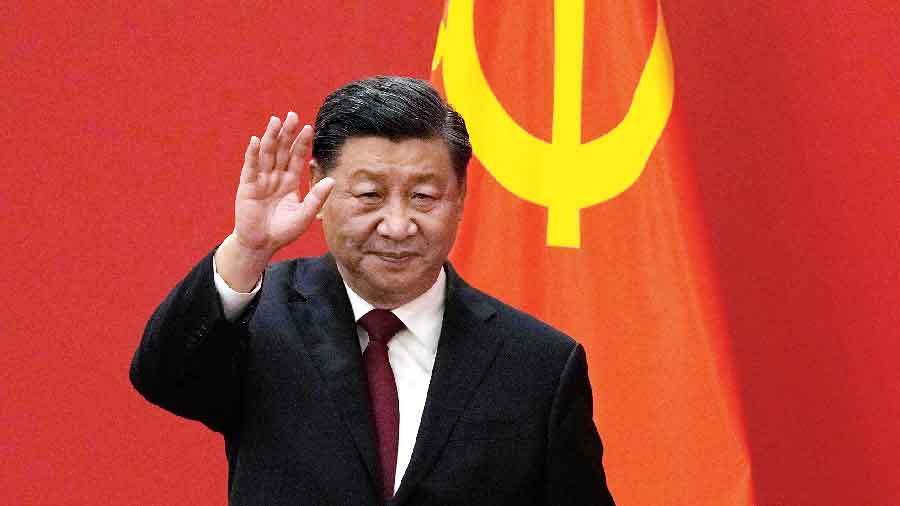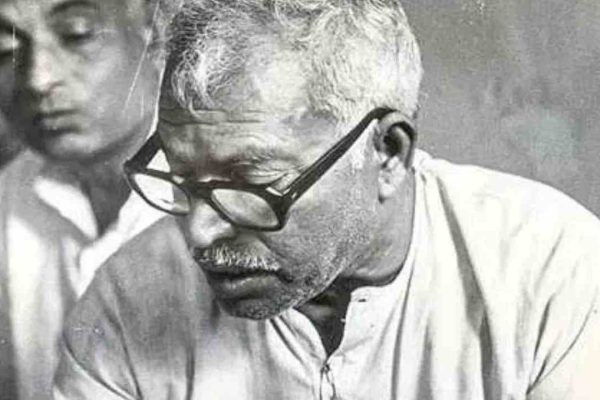It is commendable that the US could control further terrorist attacks after September 11. India can learn a lesson or two from this
Amid the Coronavirus pandemic, the recent Indo-US 2+2 Dialogue between US Secretary of State Mike Pompeo, Secretary of Defence Mark Esper and their Indian counterparts, Foreign Minister S Jaishankar and Defence Minister Rajnath Singh, has provided a much-needed impetus to a new roadmap in dealing with myriad security concerns and challenges posed by the overexpansionist Chinese mission. During the dialogue, India and the US signed five agreements, including the Basic Exchange and Cooperation Agreement (BECA) that will allow for real-time sharing of geospatial data. Besides, issues of global cooperation in the economic arena and public health along with the border security apparatus and geospatial information sharing remain a vital part of the pact.
This would certainly provide a huge platform for future Indo-US ties through diplomatic endeavours and be the beginning of a new era of defence deals. Although it is the third 2+2 Dialogue, it holds more importance as the BECA would enhance the chances of sharing information with regard to inner-satellite data, military and intelligence along with logistics facilities. This is vital as the rising tentacles of Chinese expansionism have raised serious concerns about the safety of the entire region. In fact, the Quad Group, comprising India, Australia, Japan and the US, recently held a joint naval exercise to counter the threat posed by China and to ensure security in the Indo-Pacific region.
The BECA would be helpful in developing international cooperation for fighting trans-national terrorism. According to analysts, it is a welcome development as it would provide a platform for multi-layered security cooperation that would deal with various other issues related to terrorism. Right from funding of terrorist activities, policing cooperation, dealing with cyber threats, secrecy through enhancing technological innovations and tightening the border to maritime security information-gathering exercise. Cooperation and coordination in aggrandisement of communication capabilities and management of security arrangements to deal with any kind of threat are the main objectives of the pact. The catch here lies in how to generate prudence to anticipate a possible threat from religiously-motivated bands of distraught people.
There would also be chances of increased cooperation under the Communication Compatibility and Security Agreement (COMCASA) between the security and defence establishments of the two largest democracies of the world. However, there has been a paradigm shift in the foreign policy outlook of nations. Countries have become more pragmatic in dealing with others and have started building one-to-one relationships. Therefore, the apprehensions of having an adverse impact on ties with either Russia, Iran or China are not going to have a place in strategic policy formulation in the present scenario.
Another important area, which requires immediate attention and cooperation, is developing a mechanism to deal with the chemical weapons in possession of the new breed of terrorists. Chemical weapons are not easily detectable and hence are easily transportable, as compared to conventional arms. International cooperation in terms of forming strict laws and regulations that prevent the acquisition of such weapons can provide a strategic management in dealing with terror.
The cooperation between India and the US may also develop a foolproof mechanism to put an end to the accessibility of RDX, Erythritol Tetranitrate (Penta) and sophisticated weapons like AK-56 and AK-47 assault rifles. Plus, cooperation in policing while dealing with the menace of drug trafficking will provide a strong mechanism to crack the nexus between terrorists and drug dealers in Pakistan, Afghanistan, Laos and so on.
However, the main challenge will be how to frame a strategy to deal with religiously-motivated terrorists. It is commendable that the US security and intelligence network could control further terrorist attacks after September 11. India can learn a lesson or two from this. Unless we develop a high-level intelligence network to anticipate such threats, the talk of combating strategies would only remain a chimera.
During the last two decades, the obnoxious nexus between drug smugglers and terrorists has posed a serious problem for internal security networks and compelled various nations to organise themselves and wage a relentless war against this. But mere implementation of vigorous drug laws cannot be effective unless the judicial procedure is modified to ensure speedy trials. This agreement is an opportunity to nip Pakistan’s trouble-making tactics and the narco-terror it is spreading in the region, as well as curb China’s expansionist plans.
There is a major transnational transition on account of a rapidly changing value system across the globe as well as a shift in world-level power sharing. Slowly, the old order is giving way to the new. The recent developments and terror attacks in different parts of the globe offer a few lessons: First, no authority can afford to ignore the popular aspirations of the masses anymore. Change and unrest are inevitable if the demands of people are not met.
The process of a new threat transformation has just begun. Therefore, the present initiative by the Governments of the US and India would provide a new framework of security-related information sharing and more chances of confidence building for a better future.
(The writer is a Professor of Political Science)








 OpinionExpress.In
OpinionExpress.In















Comments (0)